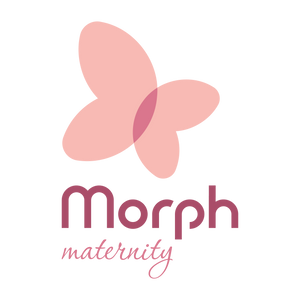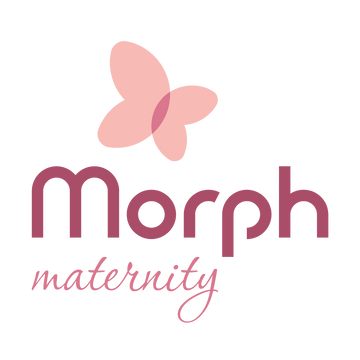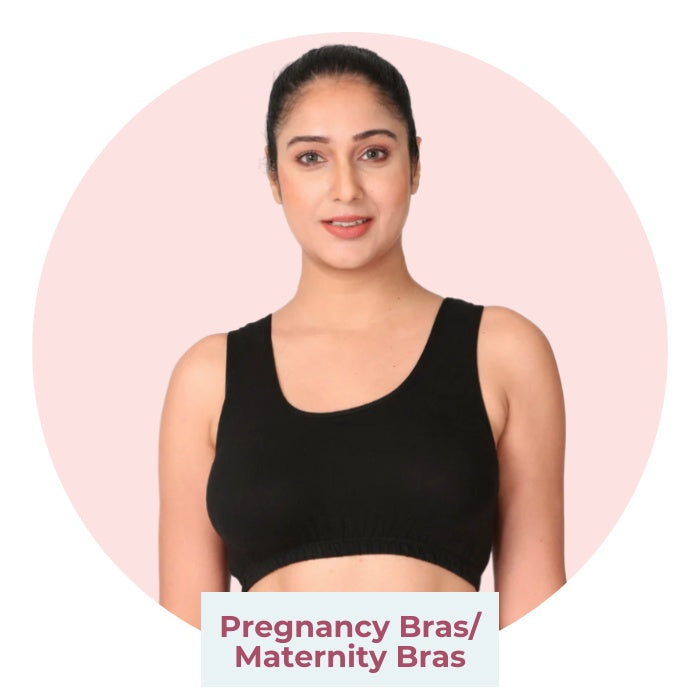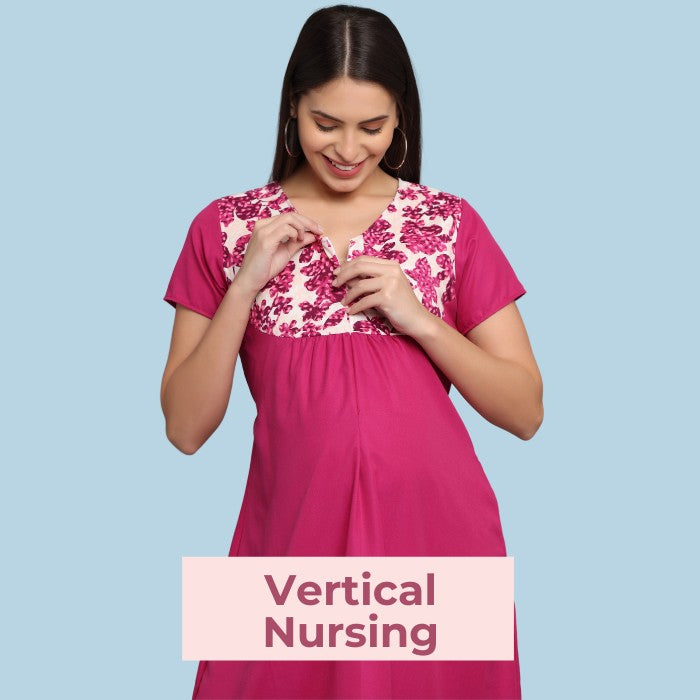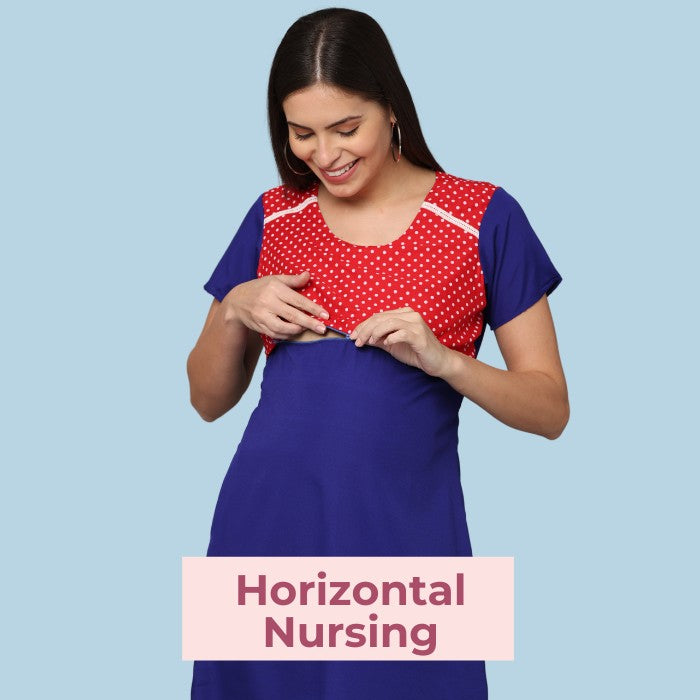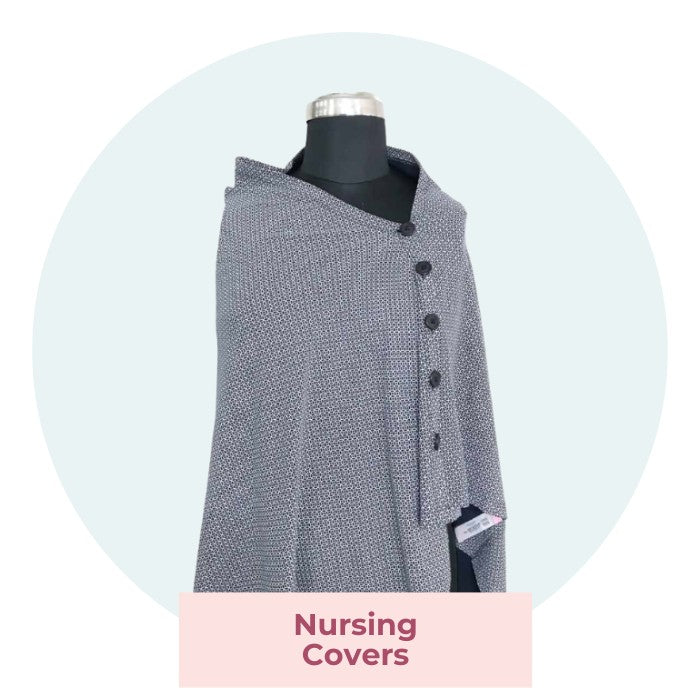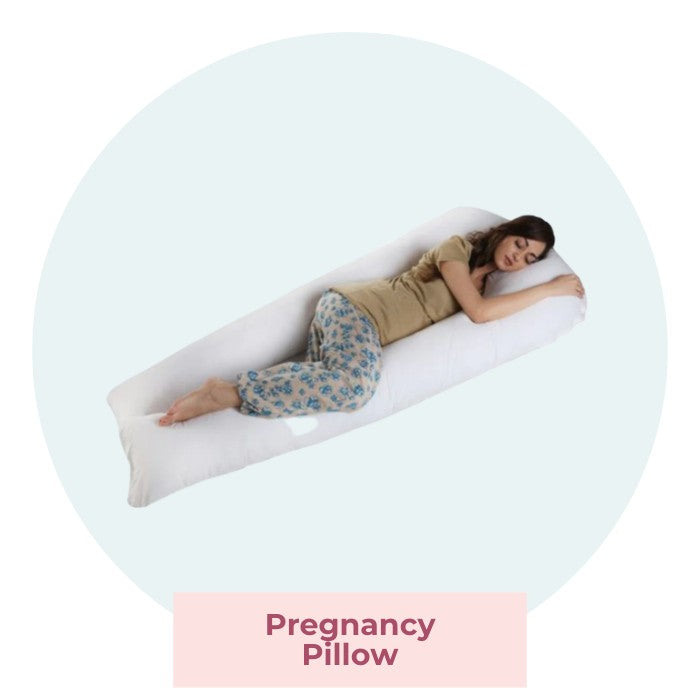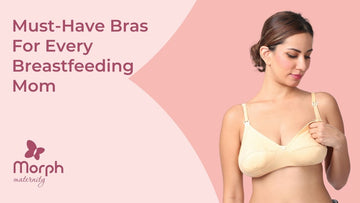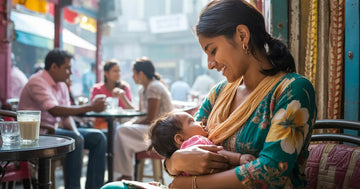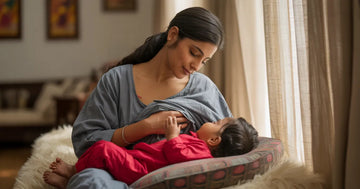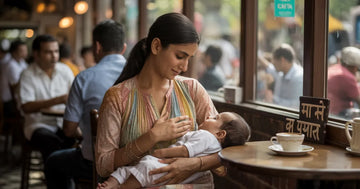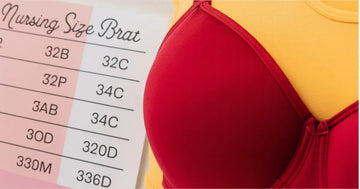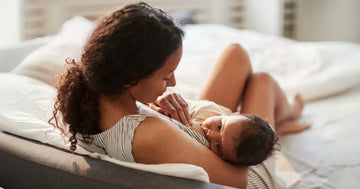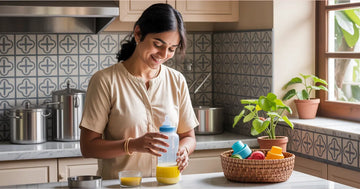
Depression is still seen as a ‘first world disease’ in many countries, especially India, where there is a certain stigma around accepting mental health disorders. However, depression is a mental health disorder, a chemical imbalance in the brain; but due to the stigma surrounding it, people refrain from seeking help. To create awareness, several celebrities have started speaking about their battle with depression and have promoted a discussion.
Postpartum Depression
Postpartum depression is a sad reality; and also one of the most stigmatized mental disorders, because, people cannot believe that a woman would feel sad or resentful at what is considered the ‘most wonderful event in her life’. Moreover, not just people around, even new-moms are unable to accept the fact and shrug it off as exhaustion. However, major cause of postpartum depression is hormonal imbalance in your body post-delivery and it is treatable with care and understanding.
What You Should Lookout for – Symptoms of Postpartum Depression
Baby blues are common, as most women, would feel overwhelmed at the new feeling of being a mother and such gripping-emotions last for 2-3 weeks, however, certain women experience longer and severe form of depression called Postpartum Depression. Postpartum symptoms include irritability, loss of appetite, and insomnia among others. You might feel an unexplained anger towards your baby or partner; and, also towards yourself, and you will feel guilty about your approach to motherhood. If left untreated, it can last for months and even become severe. We talked to 3 moms about it and here’s what they had to say –
“I didn’t think I was suffering from ‘something’; I assumed, like all new-mothers, I was just exhausted. But, it didn’t stop; I started being depressed and annoyed at everything and only when I sought medical help did I discover that postpartum depression was a real thing.”
– Anita, 35
“Once I was diagnosed with postpartum depression, even though I felt relieved that there was nothing fundamentally wrong with me as a person, it was very difficult to tell someone. I was afraid whether they would believe it, what would they think of me and so on. However, it was easier once I let my family in. I made taking care of myself and my baby my priority; months later, I was in a happy space.”
– Rita, 28
“My doctor explained to me that postpartum depression was mostly due to hormonal changes that happened in my body after delivery and had nothing to do with me as a person. She put me on a medication course and counselling and I started taking care of myself by dressing up well, going out often, meeting my friends etc.”
– Tanya, 30
Treatment for Postpartum Depression
Treatment for Postpartum depression includes antidepressants, counselling sessions and hormone therapy. Apart from medical attention, the foremost thing that new-moms should do to battle postpartum symptoms is to talk about it openly and take care of themselves.
Dressing-up, wearing something nice and going for a stroll in the park with your baby would not only make you feel better and positive but also help you bond with the child. You can wear nursing kurtis or nursing ponchos that would make you feel comfortable and relaxed, also would help you feed the baby whenever needed with ease.
Take care of your health; indulge in light exercises or Pranayama which would also help you stay calm. Remember, if you would be healthy, only then can you take care of your baby!
Happy parenting!
